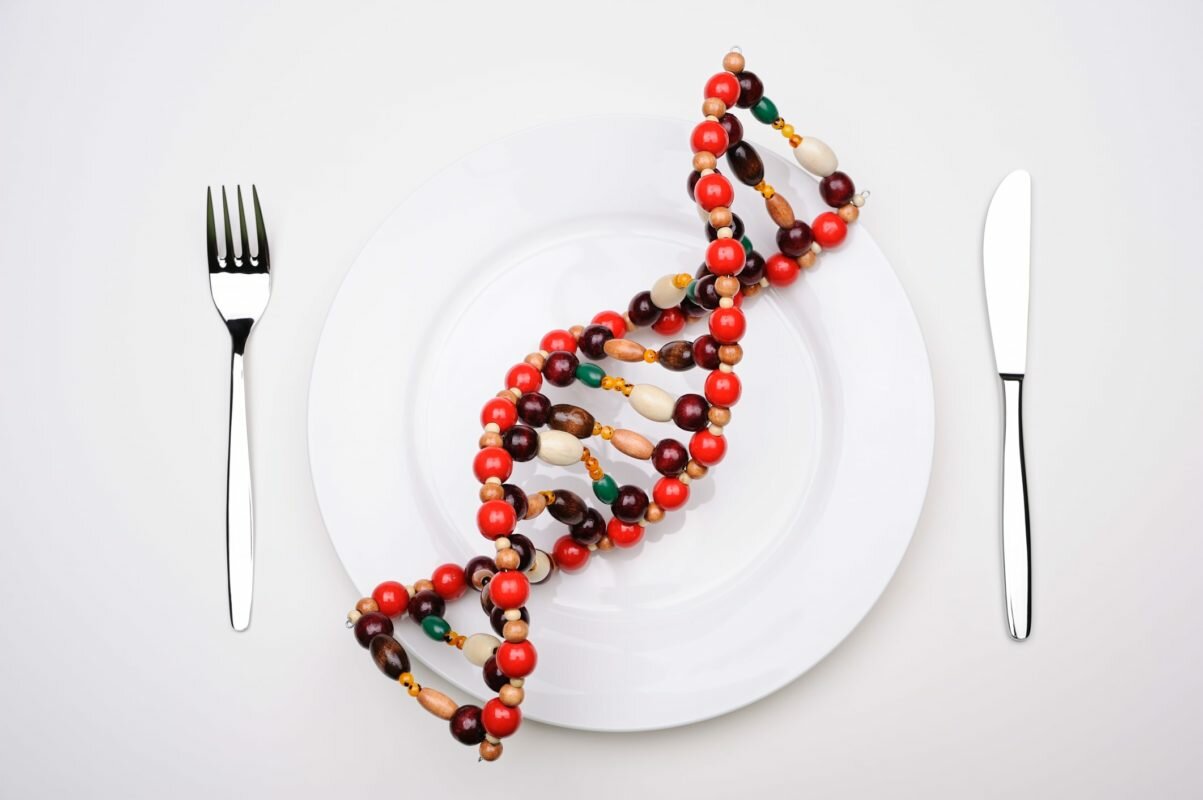‘It’s my genes’ is the most common excuse we hear clients use for looking a certain way. And they’re not talking about the denim kind.
Genes are handed down through our family’s DNA and it can seem like an easy way to explain certain physical attributes. ‘My family has a history of diabetes, so what can I do?’ ‘I’m not designed for running.’ ‘Being overweight is in my genes.’
What role do genes play?
In the early 2000s, Danish researchers studied 2,900 sets of same-sex twins who’d been born between 1870 and 1910 to determine how genetics and environmental factors affect lifespan. By comparing medical records and conducting interviews, the researchers found genetics were far less important when it came to longevity than factors like smoking, low socio-economic status, exposure to sunshine and depression.
So, while DNA does affect an individual’s overall health and lifespan, having family members with predispositions for weight gain or health issues doesn’t necessarily mean you can’t take some control over how your DNA is expressed.
The most important thing your parents pass down are habits and beliefs. The huge rise in the incidences of obesity and diabetes isn’t due to a modern gene mutation, but rather a dramatic decades-long shift in people’s eating and physical activity patterns. In fact, a recent study from the University of Sydney found that mutations to the MC4 receptor gene – the gene commonly associated with appetite control – accounts only for 0.5 to one per cent of obesity cases.
It’s your decision
The beauty of the human body is its ability to change. Genetics may leave you prone to certain medical conditions, storing fat in certain places or being good at sport, for instance, but they’re not something that will necessarily defeat a good healthy lifestyle. By exercising regularly, maintaining a nutritious, balanced diet – one full of quality whole foods, especially fresh vegetables – and ensuring stress levels are minimised, you will give your body its best chance to live a long and healthy life.

